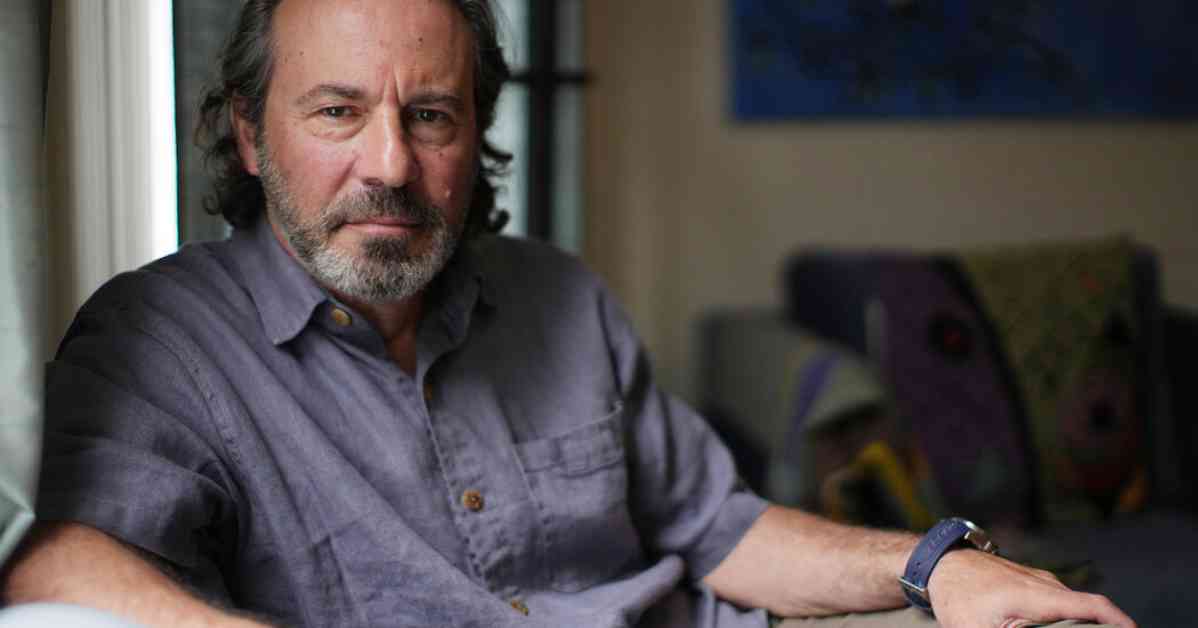Dr. Dean-David Schillinger, a primary care physician at Zuckerberg San Francisco General Hospital and Trauma Center, has recently released a memoir titled “Telltale Hearts,” which delves into the significance of patient stories in the field of medicine. In his book, Schillinger shares a captivating story about his great-uncle Aladar, a Hungarian Jew who found himself in a life-threatening situation during World War I.
Aladar, serving as a soldier, was faced with a Russian opponent who was on the verge of attacking him with a bayonet. However, in a surprising turn of events, the Russian soldier recognized Aladar’s Jewish heritage and chose to spare his life, ultimately taking him as a prisoner and ensuring his safety until the end of the war.
This war story may seem unrelated to the daily experiences of a doctor working in a safety net hospital, but for Schillinger, it highlights the importance of empathy and connection in the practice of medicine. The moment of recognition and understanding between Aladar and the Russian soldier serves as a powerful reminder of the human connection that lies at the core of healthcare.
Schillinger’s memoir emphasizes the significance of listening to patients’ stories and understanding their backgrounds in order to provide compassionate and effective care. By incorporating elements of storytelling into medical practice, doctors can establish stronger relationships with their patients and create a more supportive and healing environment.
In today’s healthcare system, where time constraints and technological advancements sometimes overshadow the human aspect of medicine, Schillinger’s message serves as a valuable reminder to prioritize listening and empathy in patient care. By recognizing the unique narratives of each individual and treating them with respect and understanding, doctors can truly make a difference in the lives of those they serve.
As we navigate the complexities of modern healthcare, the lessons shared in “Telltale Hearts” offer a refreshing perspective on the power of storytelling and connection in improving patient outcomes and overall well-being. By embracing the art of listening and engaging with patients on a deeper level, doctors can enhance the quality of care they provide and create a more compassionate and patient-centered healthcare environment.

















